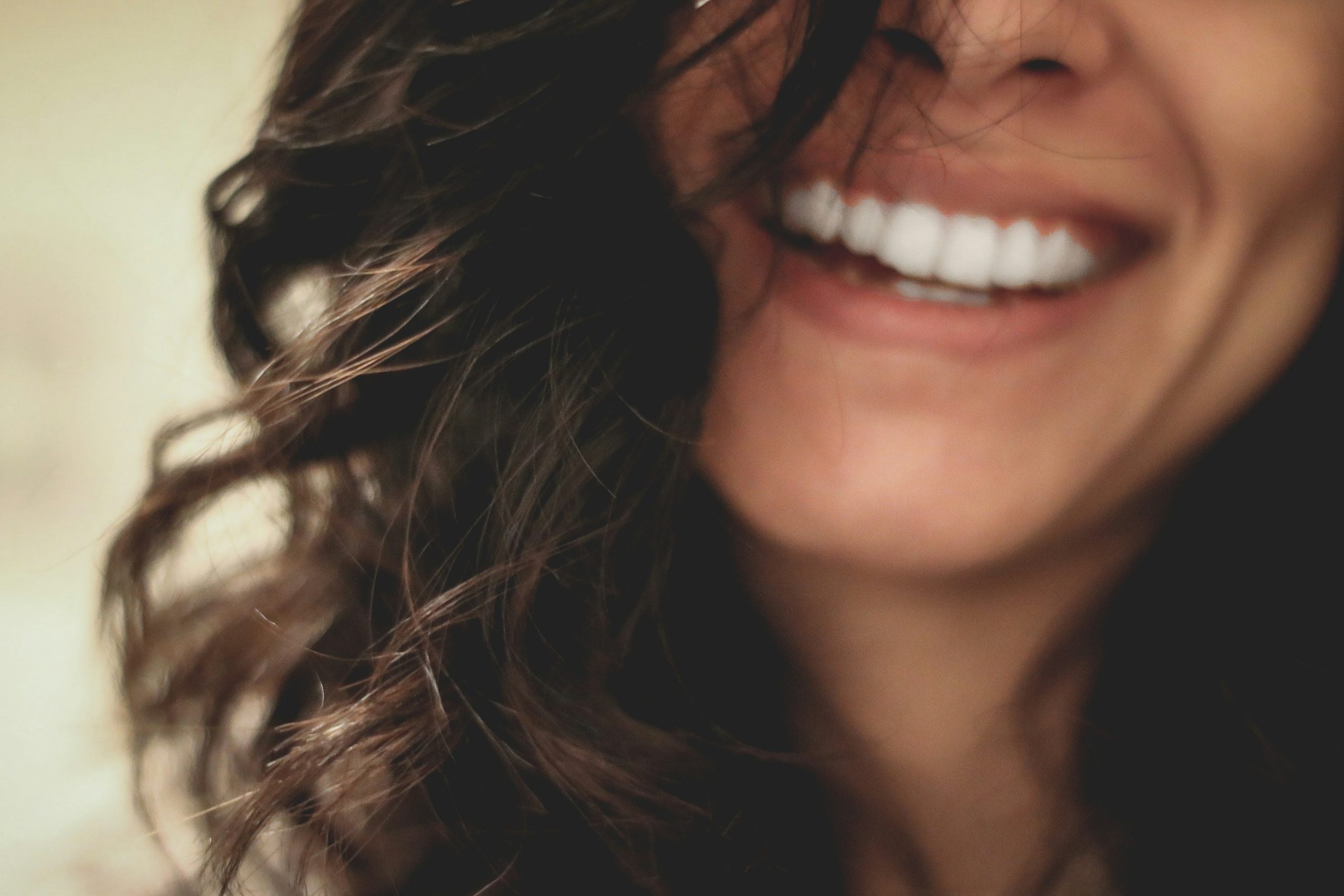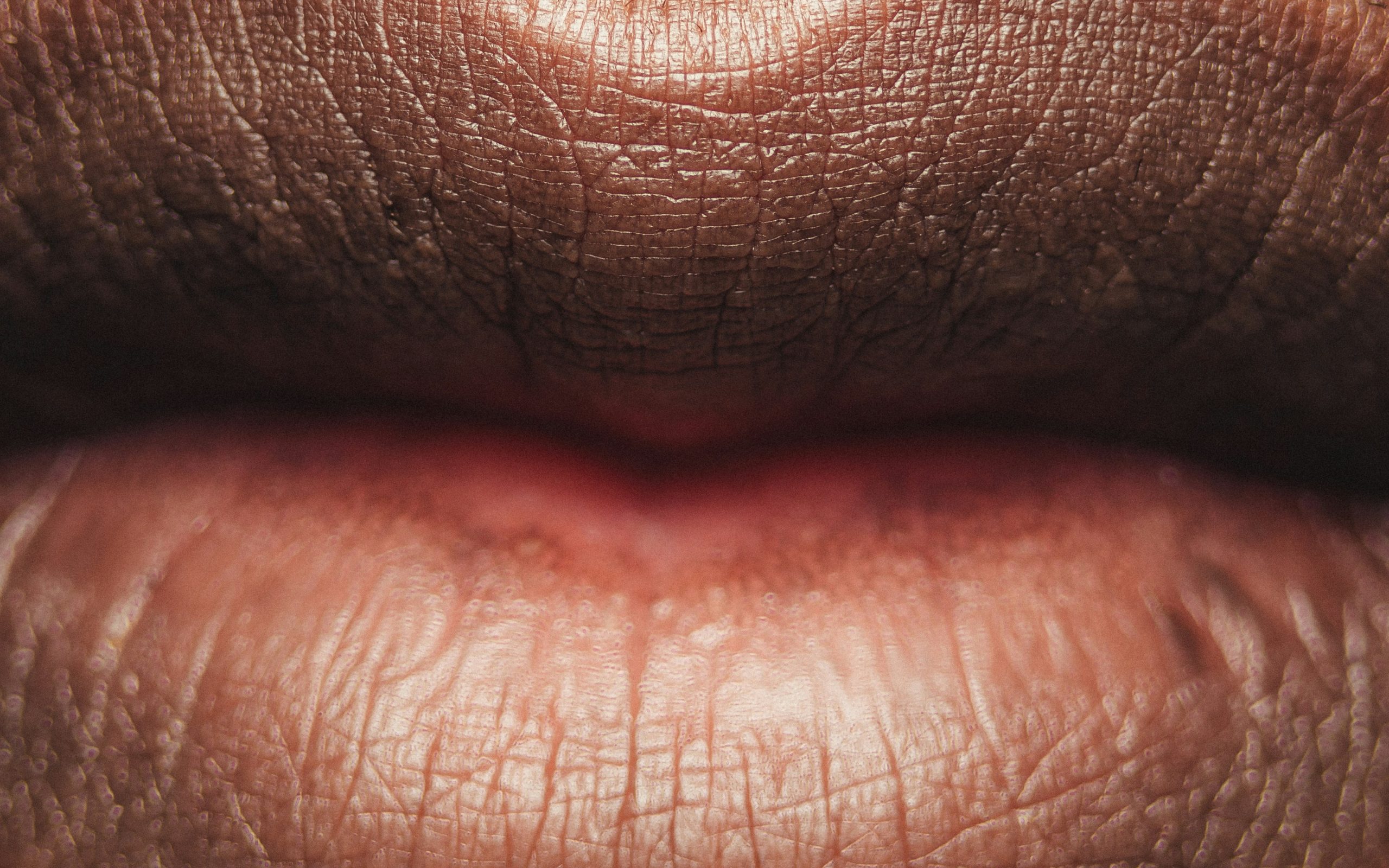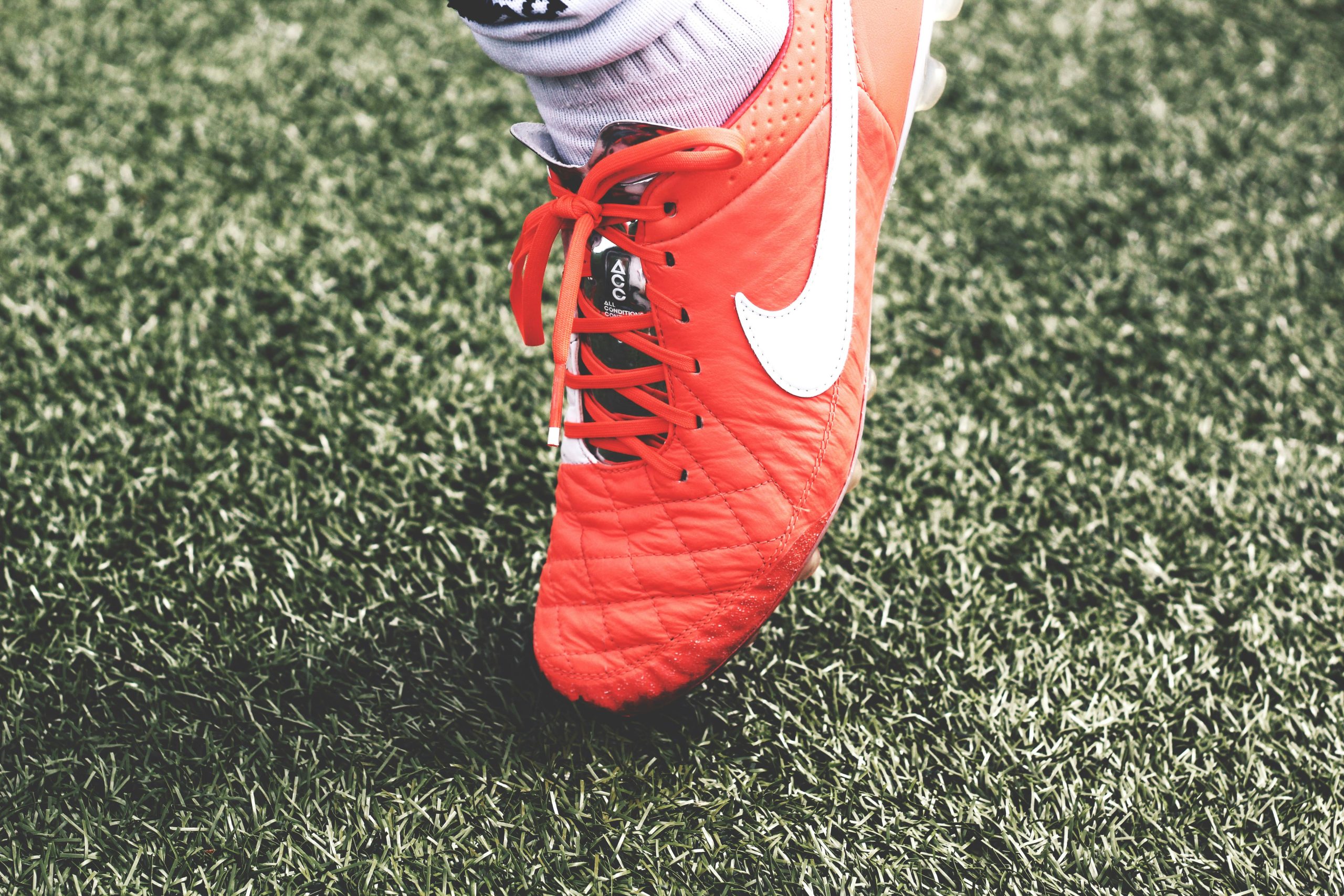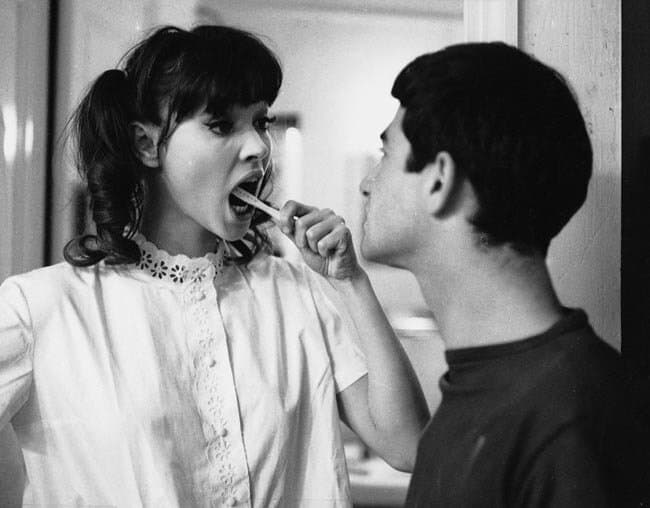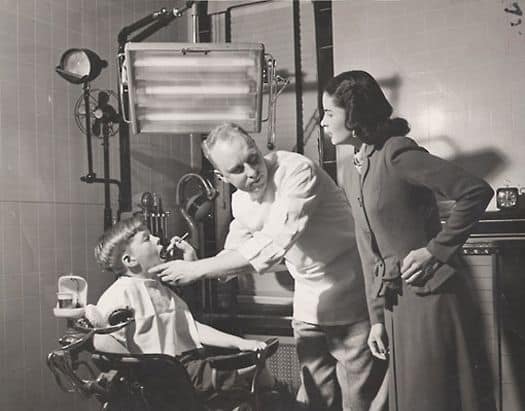It’s been a while since you’ve come in for a check and you’re not sure what to expect at the dentist. Here, we’ll go through the steps of coming in to see us, what questions we ask and why.
Making an appointment:
- Our friendly receptionists will take your call and ask the nature of your concern. This may be that you have a toothache, or that you would like to come in for our $195 new patient special, or you would like to start with a check up and a clean.
- You are welcome to book online or email us for convenience.
- We will ask for your details.
- We ask for a deposit of $50 for all new patients to hold your appointment time. This will be applied against your appointment and removed at the end, this is not an extra charge.
Filling out forms:
- We will send you a link to fill out our medical history form and a questionnaire.
- These are helpful for us to know how to best take care of you.
- If you are unable to do this on your phone or device, please come in 5 minutes earlier to fill this out.
Arriving to our clinic:
- We are located at 68 Bacchus Marsh Rd, Corio, on the service road.
- Entry to the service road is at the intersection of Purnell Rd and Bacchus Marsh Rd, or via Canadian Parade.
- We have ample parking at the back of the practice.
Seeing the dentist:
- Our dentists will go through your medical history form and questionnaire together with you. This is the best time for you to let us know what you expect from your dentist.
- Please let us know if there is anything you would like to discuss privately.
- We will ask you about your dental health, routines, and overall lifestyle.
- We will do a comprehensive exam, and then any x-rays if needed.
- From here we will talk about the treatment needed and go through with you the different options and price points available.
- If you specifically wanted treatment, then we will do this for you.
Our aim is to make sure that you feel comfortable, so at any point that you prefer we would do something different, we ask you to speak up. We will always listen and work together with you to get you to where you need to be.

